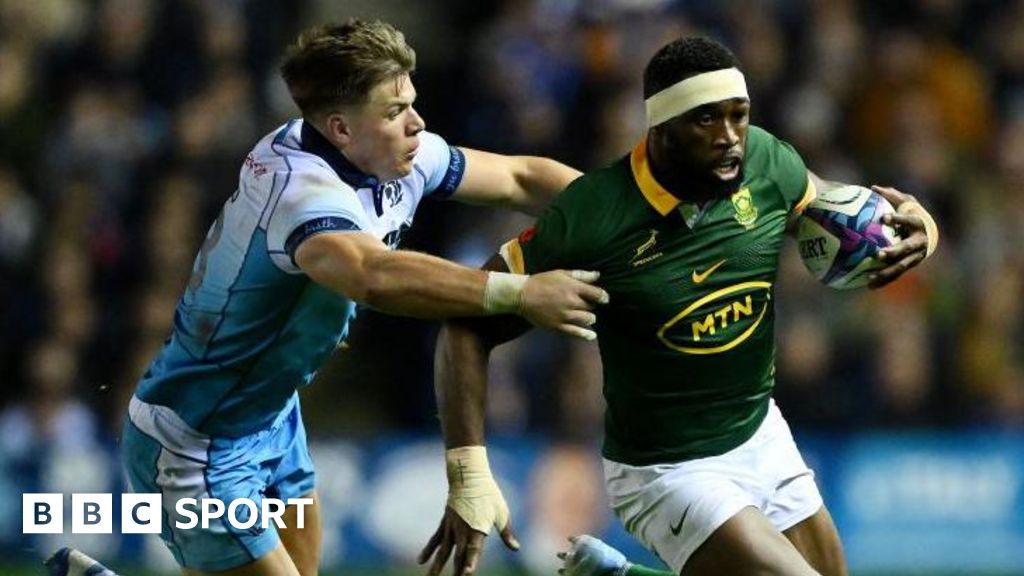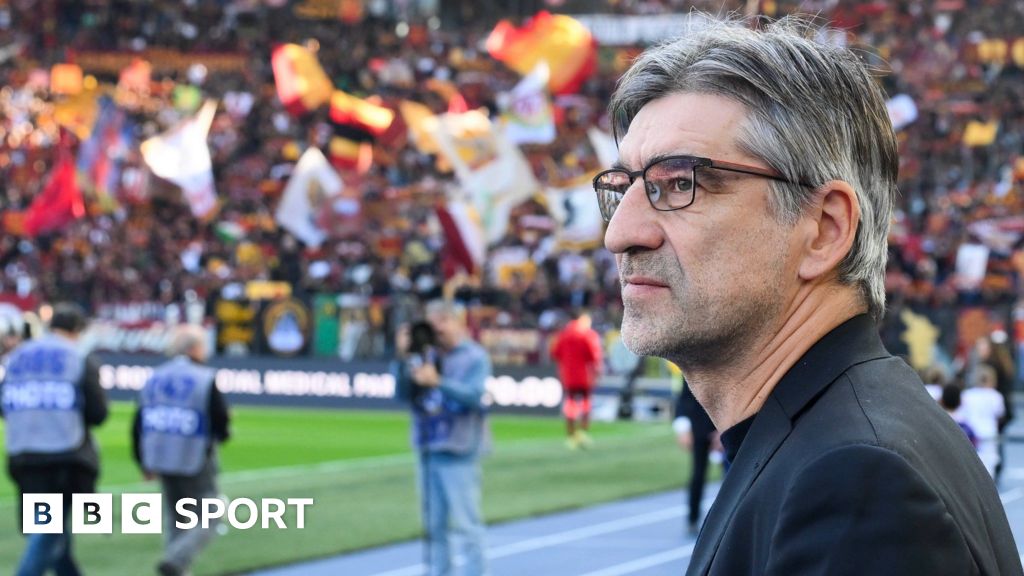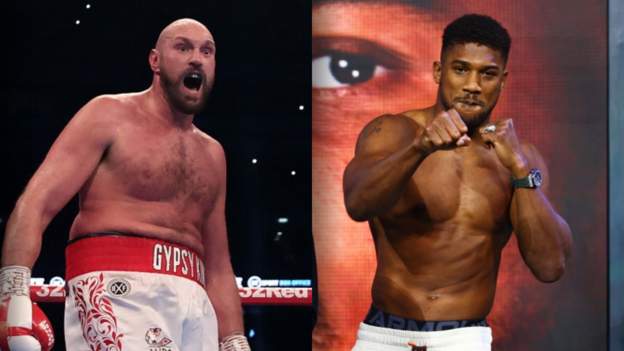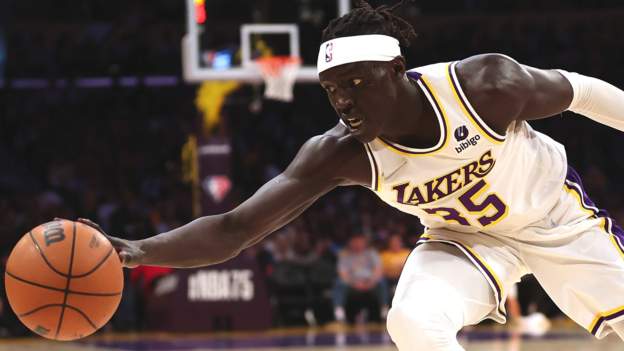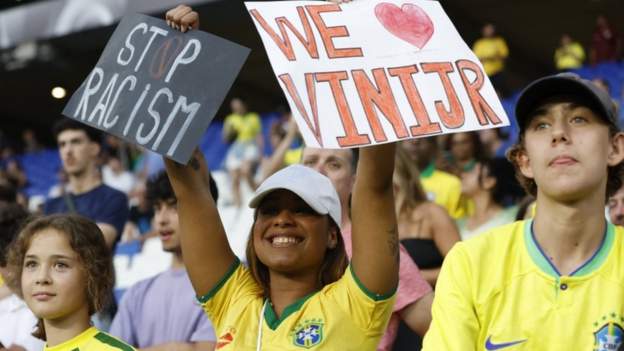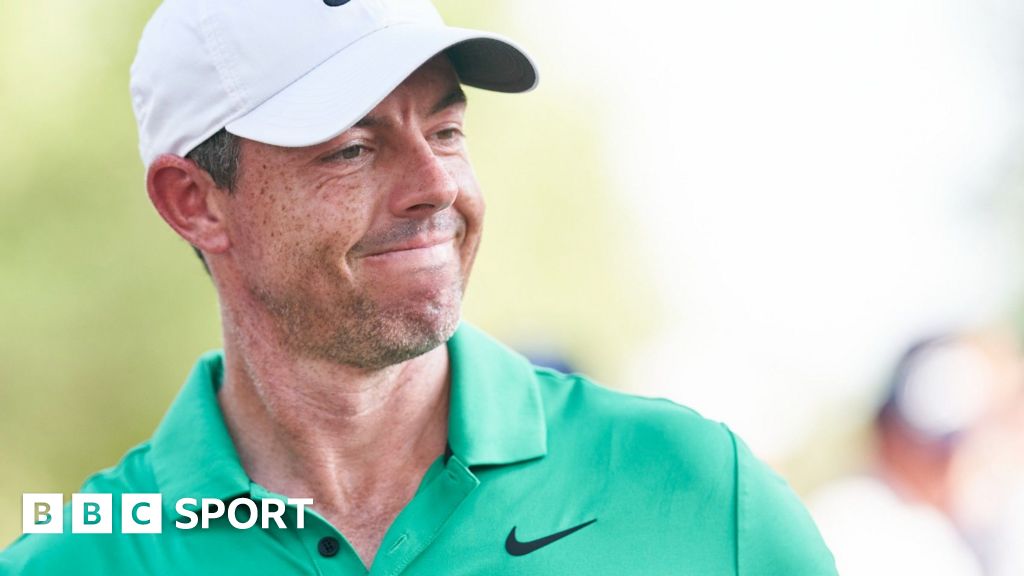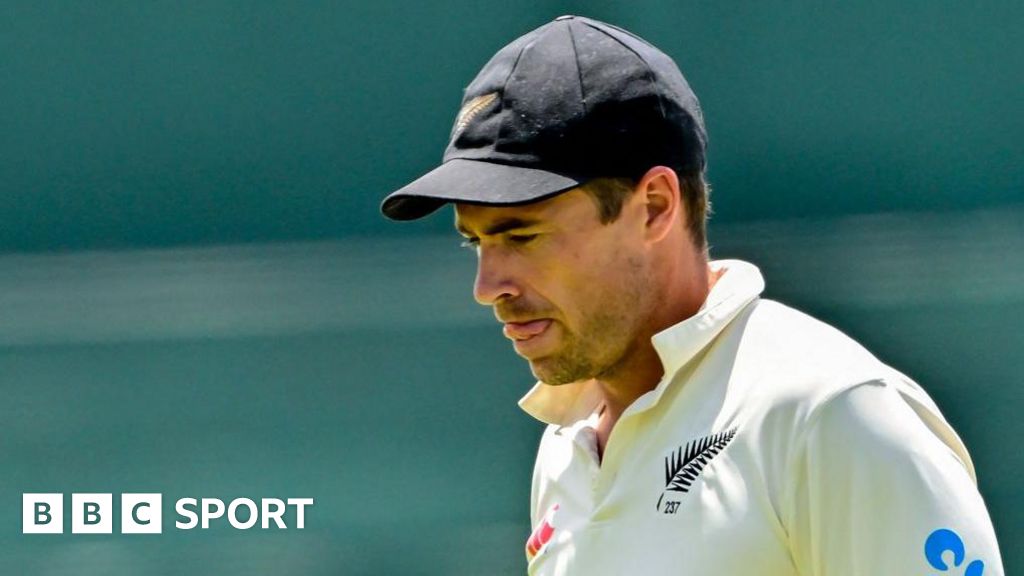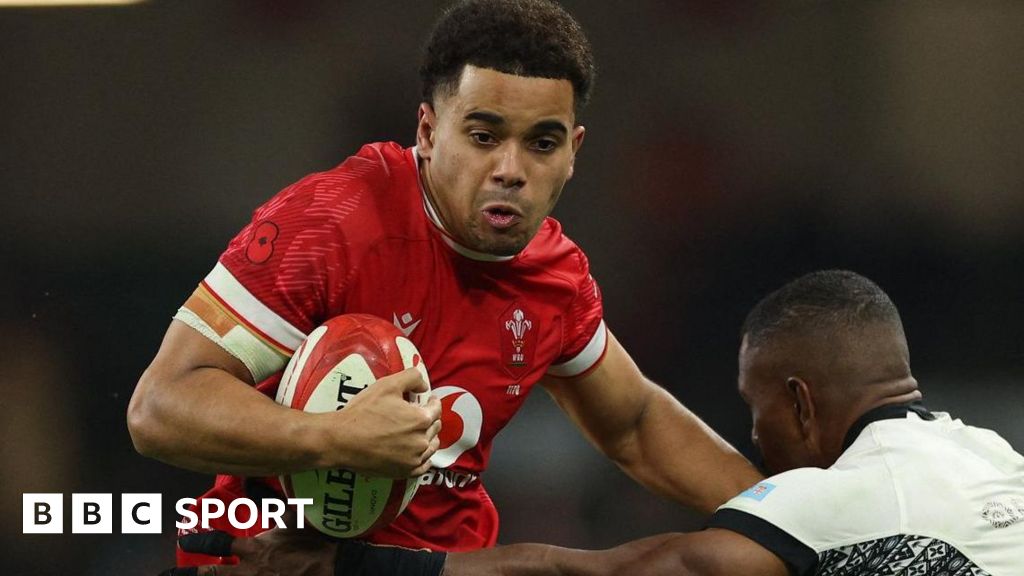A year ago, Tyson Fury v Anthony Joshua was the super-fight British fans, and arguably the whole of the boxing world, longed for.
An all-British meeting for all four major heavyweight belts between two world champions with opposing personalities who cross over to the mainstream was in touching distance.
The stage was set, finer details agreed, with Saudi Arabia set to host the fight in August 2021.
But Fury was instead ordered by an arbitration hearing to face Deontay Wilder in a trilogy bout. As their careers then took separate paths, it seemed the Fury-Joshua – or Joshua-Fury depending on your allegiances – ship had sailed.
Joshua has lost three of his last five bouts and is without a world title, while the unpredictable Fury – who last week appeared in the scripted world of World Wrestling Entertainment – has said he has retired on more than one occasion.
But in a somewhat unexpected twist, WBC champion Fury challenged Joshua via social media on 5 September.
On Tuesday, Joshua, according to his management company, agreed terms to fight Fury on 3 December.
Should it finally happen as has been proposed, is the meeting still a modern-era super-fight? Or has interest dwindled, and are there actually bigger fights available to be made instead?
Is Usyk-Fury a bigger fight?
There is no denying an undisputed fight, to determine the best heavyweight on the planet, was a huge selling point to the prospective meeting last year. There has not been an undisputed heavyweight champion since the four-belt era began in 2004.
Lennox Lewis was the last undisputed heavyweight champion 22 years ago.
But will the casual sport or even the casual boxing fan be all that interested? Matchroom Boxing promoter Eddie Hearn, who represents Joshua, says the enormity of the fight will be down to the two boxers, not necessarily the belts on offer.
It has been suggested Cardiff’s Principality Stadium could host the meeting in less than three months’ time.
The build-up to Joshua’s rematch with Ukrainian Oleksandr Usyk in Saudi Arabia last month was noticeably quiet compared to heavyweight title fights in the United Kingdom, and there was a distinctively different atmosphere, with few fans travelling to the Middle East.
For the fight to take place on British soil, and not in the United States or Middle East, is huge.
Some hardcore fans, however, may rather see Fury face WBA, IBF and WBO champion Usyk. That would be a meeting between two undefeated, masterful pugilists with eccentric characters.
Other unknowns would give that bout further intrigue; is Fury just too big, and does Usyk need to prove himself as a heavyweight having only fought three opponents at the weight since moving up from cruiserweight?
Usyk’s remarkable journey over the past year has increased his profile, having gone from defending his country against the Russian invasion to retaining his world titles against Joshua.
Fury-Joshua remains a huge attraction both commercially and for fight fans across the world, but Fury-Usyk might captivate a global audience even more.
However, with Usyk suggesting he will not return to the ring until 2023, perhaps Fury-Joshua in the meantime makes complete sense.
Is Joshua past his peak?
In June 2019, Joshua experienced a career low when he was beaten for the first time as a professional as Mexican Andy Ruiz Jr pulled off a shock victory in New York.
The golden boy of British boxing, having triumphed at the London 2012 Olympics, was knocked out in the seventh round at iconic Madison Square Garden. However, just six months later he reclaimed his unified world titles with a unanimous points victory in the rematch.
After a routine win over Kubrat Pulev in December 2020, Joshua suggested a fight with Fury could be the biggest in British boxing history.
But in September 2021, he lost his titles again – this time to mandatory challenger Usyk in London.
Despite the one-sided nature of the fight, such is the character of ‘AJ’ and his will to right any wrongs, he jumped straight back into the rematch, which he lost again on points in August.
Does Joshua’s recent record suggest he has nothing more than a puncher’s chance against someone with the boxing IQ of Fury?
While there is no shame in losing consecutive bouts to pound-for-pound star Usyk – and having improved vastly in the rematch – it has been a while since fans have witnessed the explosive combinations and clinical finishing instinct of Joshua.
Will Fury fight reignite AJ?
Having only taken up the sport aged 19, there have always been question marks surrounding Joshua’s technical ability, but he has proved his doubters wrong with impressive points wins against the likes of Joseph Parker and Ruiz Jr.
Joshua has improved as a boxer, and has been keen to demonstrate there is more to his game than just a knockout blow.
It could be suggested he has been tailoring his style with a view to fighting Fury one day. And now may be the right time to face his rival, armed with the experience and knowledge of his defeats.
Joshua’s physical conditioning is the topic of much debate – and so is his mindset. Former super-middleweight champion Carl Froch questioned whether Joshua has been “a broken man” since his loss to Ruiz Jr.
After being defeated by Usyk in Jeddah, Joshua’s bizarre outburst in the post-fight interview also led to criticism.
His promoter Hearn pointed to the pressure the Londoner has been under and the public spotlight he has had to shoulder since turning professional in 2013.
From clothing brands to energy drinks, headphones to car manufacturers, Joshua has a vast range of sponsorship commitments. Some, such as Froch, feel his heart may no longer be in the sport.
If that is the case, perhaps the magnitude of the Fury fight – which will surely capture, at the very least, the British public’s imagination – could reignite a spark in Joshua.
Is now the right time for Fury?
Fury is an elite boxer. Fighters of his size, with an ability to glide across the ring as he does, are rare. There are, however, some who feel Fury’s resume is inferior to Joshua’s.
‘The Gypsy King’ overcame the odds to dethrone Wladimir Klitschko in Dusseldorf in 2015. After a long period out of the ring, he returned to the sport and drew with Wilder before twice stopping the American.
But those two big names aside, he has otherwise generally beaten underdog opponents or fringe world-title fighters, such as Britons Derek Chisora and Dillian Whyte.
Fury may feel a win over Joshua, despite his rival’s recent losses, would not only provide bragging rights but cement his status as a great, rivalling Lennox Lewis as the best British heavyweight in history.
He may also feel now is the time to cash in on a big pay day, against a vulnerable and deflated Joshua. Commercially, Fury-Joshua is still likely to do big numbers.
Outside of the ring, Fury is a huge draw. His appearances in WWE, duets with pop stars, reality TV show and well-documented battles with drugs and mental health has led to a loyal, global, fanbase.
But since beating Whyte at Wembley Stadium in April, Fury has announced his retirement, called for a trilogy bout against Chisora, travelled to Iceland to challenge strongman Thor Bjornsson, suggested he and Joshua fight on free-to-air TV and demanded £500m for his next bout.
Although much of what he says is tongue-in-cheek, the contradictions and lack of clarity regarding his next move have frustrated some boxing fans.
Some are even not convinced the Joshua-Fury fight will happen this year. If it does indeed take place, how much it captures the world’s attention will be fascinating to see.








